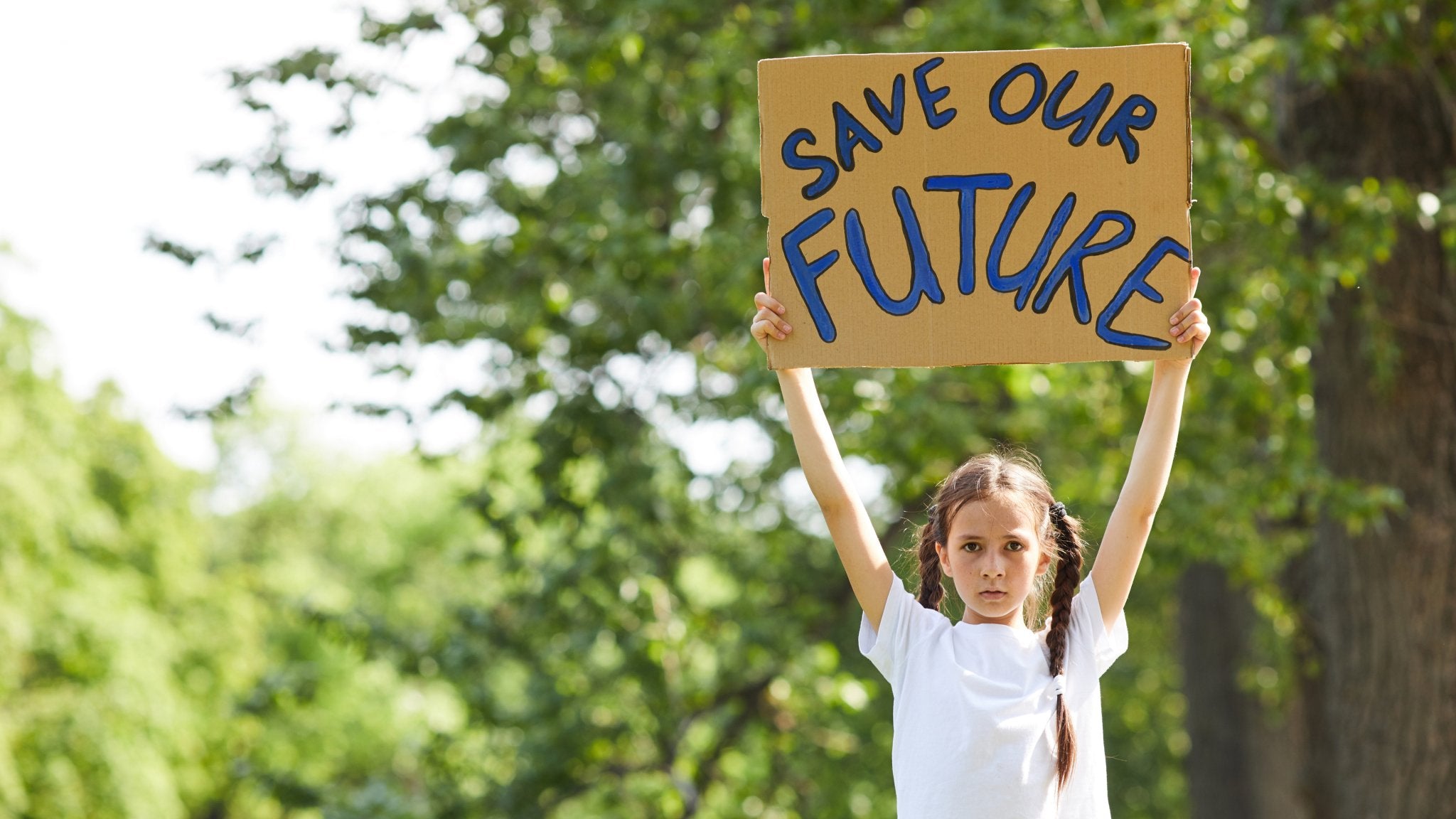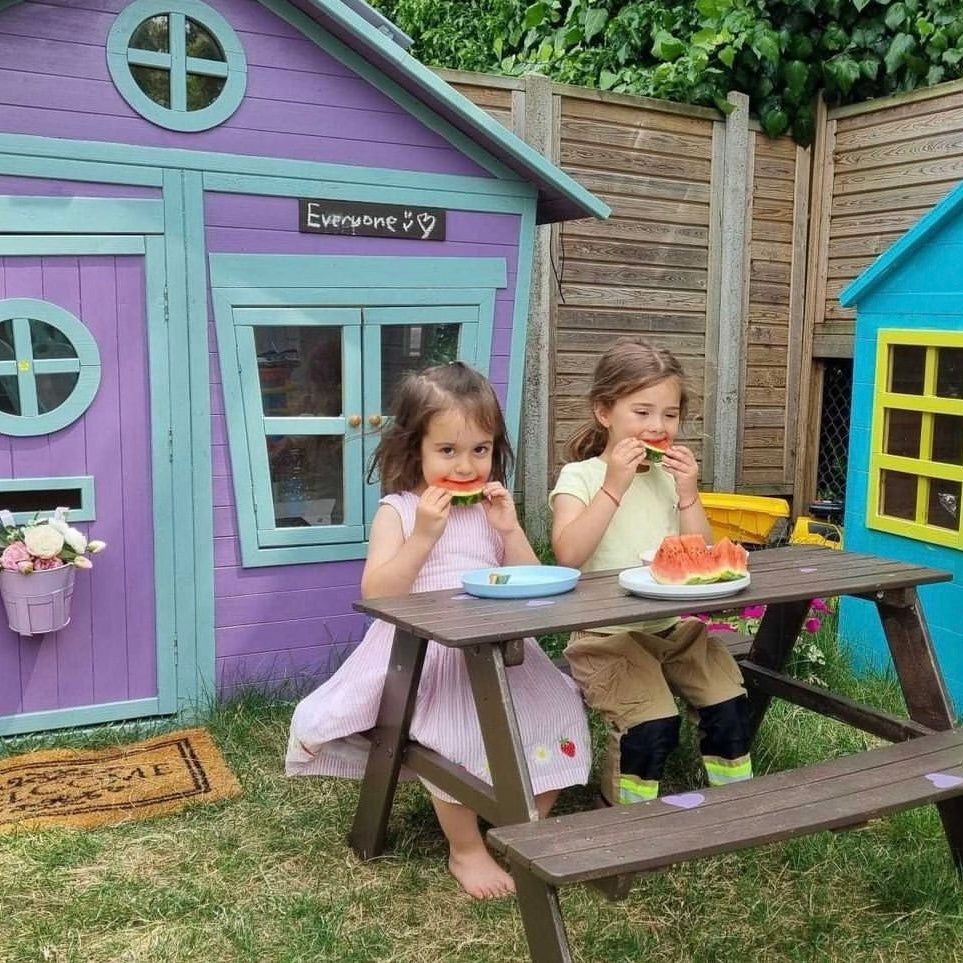
£16.13 Billion: The Price of Neglect
£16.13Bn is the cost of society for addressing issues like children in care and mental and physical problems in England that could have been prevented through early childhood intervention.
Our of 4000UK adults aged 16+, surveyed in April - May 2023, according to Ipsos' report "Understanding attitudes to early childhood | June 2023", a whopping 54% know nothing about the physical, social, emotional and cognitive development of children in early childhood. Furthermore, 1 in 3 know little or nothing about how they can support their children in early years, or how children’s early experiences affect their later adult life. Moreover, 75% of UK parents find it stressful when their child is <5years old.
The consequences?45% of children in England do not reach a ‘good level of development’ by age 5
25% of 4 or 5 year old arrived for their first year not ‘ready for school’
Why the focus on early childhood?
In fact the brain is most easily adaptable at a young age

Moreover, the ROI is the strongest in young children

The estimated £45.5 billion economic benefit from investing in early childhood stems from:
- Nurturing early development: Equipping children with strong social and emotional skills (£12.2 billion) and reducing the need for costly interventions to address adverse childhood experiences (£16.1 billion).
- Supporting caregivers: Providing better support to parents and caregivers, both at home and in the workplace, along with greater flexibility for working parents of young children (£17.2 billion).








